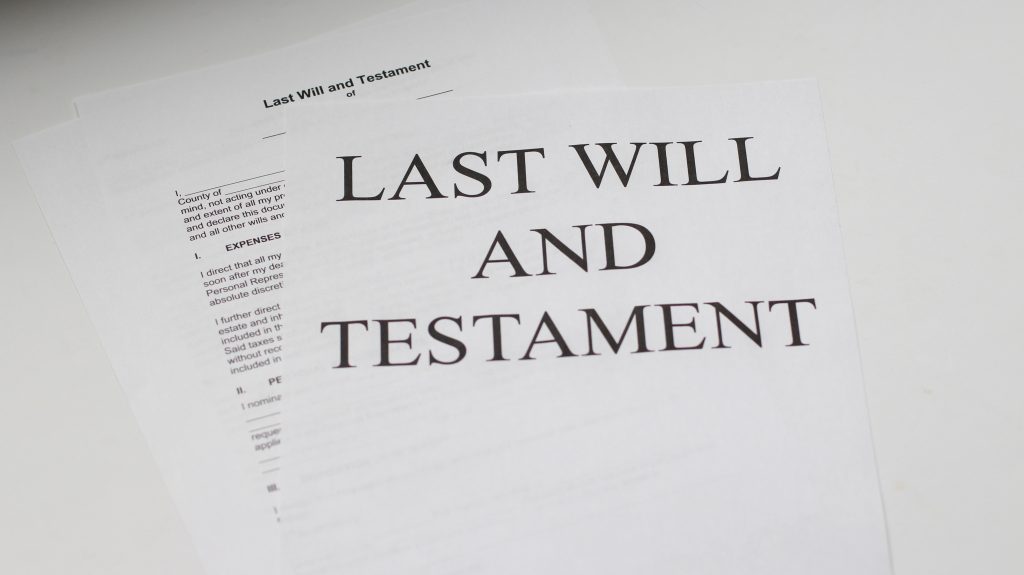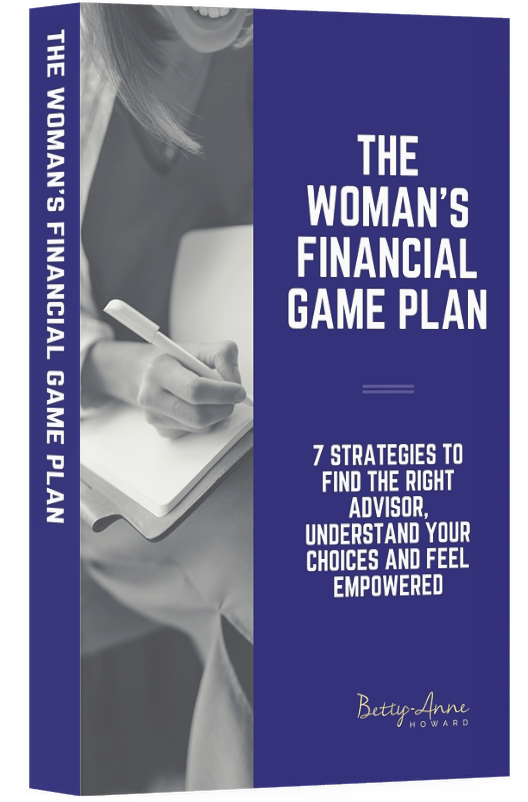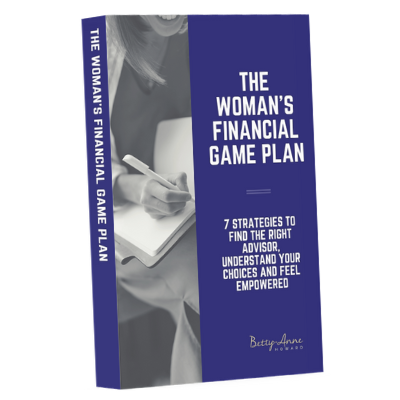
Millions of people across the world are facing an uncertain financial future during the global coronavirus pandemic. We’re often so focused on the day to day matters that financial and estate planning isn’t a priority. Or at least it wasn’t in the past.
For many of us, COVID-19 has proved to be a stark reminder of how critical it is to plan for the future and have protective financial matters in place.
Current events have reminded me of when the markets were tanking in 2008 and 2009. I was terrified!
I didn’t really bother to care about my own investments for my retirement. As the steward of other people’s money, I felt I should have known better—that somehow this financial crisis was my fault. But I learned that there are things I don’t have any control over while reminding myself that I am a planner, and that’s something I can do: plan!
Financial and estate planning during a crisis
With that in mind, here are some things you need to consider for financial and estate planning during a crisis. These are meant to help you navigate this situation as smoothly as possible. At the same time, I hope they give you some peace of mind for the future.
Create or update your will
As tens of thousands of people lose their lives to COVID-19, it has forced many of us to face our own mortality. Even without a global pandemic in mind, it’s absolutely essential that your will is updated, or that it exists in the first place.
As I share in my post, “Dying Without a Will: 4 Important Realities,” a loss of control is one of the biggest consequences:
Without proper estate planning, before you die, you lose control of what happens to your estate upon your death. But this could also include the responsibility of your children.
Laws vary by province and territory, but the government will be tasked with assigning someone to settle your estate. Understandably, this isn’t the most desirable option for many people who would prefer having someone they know and trust charged with this important job.
If you have children who are minors, the government could also decide who raises them. For most parents with young children, this is the most serious and critical consideration for what happens after they die.

In the event of a crisis, knowing that your will is updated and kept in a place where someone knows to find it can bring you great comfort.
Secure important documents
On that note, make sure you have a water and fire-proof safety deposit box to hold important paper documents. In the event of a flood or a fire, these items could be protected from the elements. It’s also advised to store a second copy of important documents in a separate location.
A cash reserve
A cash reserve is always a good idea. But during a crisis-financial or otherwise-it can prove to be invaluable. In the event of power outages or liquidity issues, or other crisis situations, keep a supply of several hundred dollars of cash, at least $500 is recommended. It needs to be kept safe, perhaps in the safety deposit box, you use to store your other important items?
Talk to your loved ones
If you have difficult conversations in advance, it can make navigating a crisis a whole lot easier.
For example, your family needs to be aware of where your will and other important documents are kept. If you’ve talked to your family about who will be getting what upon your death, it saves them trouble down the road.
These conversations can be difficult, but they’re important and they need to be had. Here are four of my top tips for talking about estate planning with your loved ones.
Another important talk to have with your family members is about your digital assets. Your PIN numbers and other digital asset information should be encrypted and securely stored. But in the event of your death or disability, someone needs to know how and where to access them.
A little planning can bring us a lot of peace of mind, even as uncertain and scary as many things seem right now.
Remember: you’re not alone in this! Please reach out to discuss your current and future financial and estate planning needs. Help is available.
Would you like to learn more about estate planning? Here are three more articles you might also enjoy:
Why You Need a “Giving Plan”
How to Avoid Financial Disagreements After Your Death
Estate Planning: Does Your Current Will Fulfill Your Wishes?






0 Comments